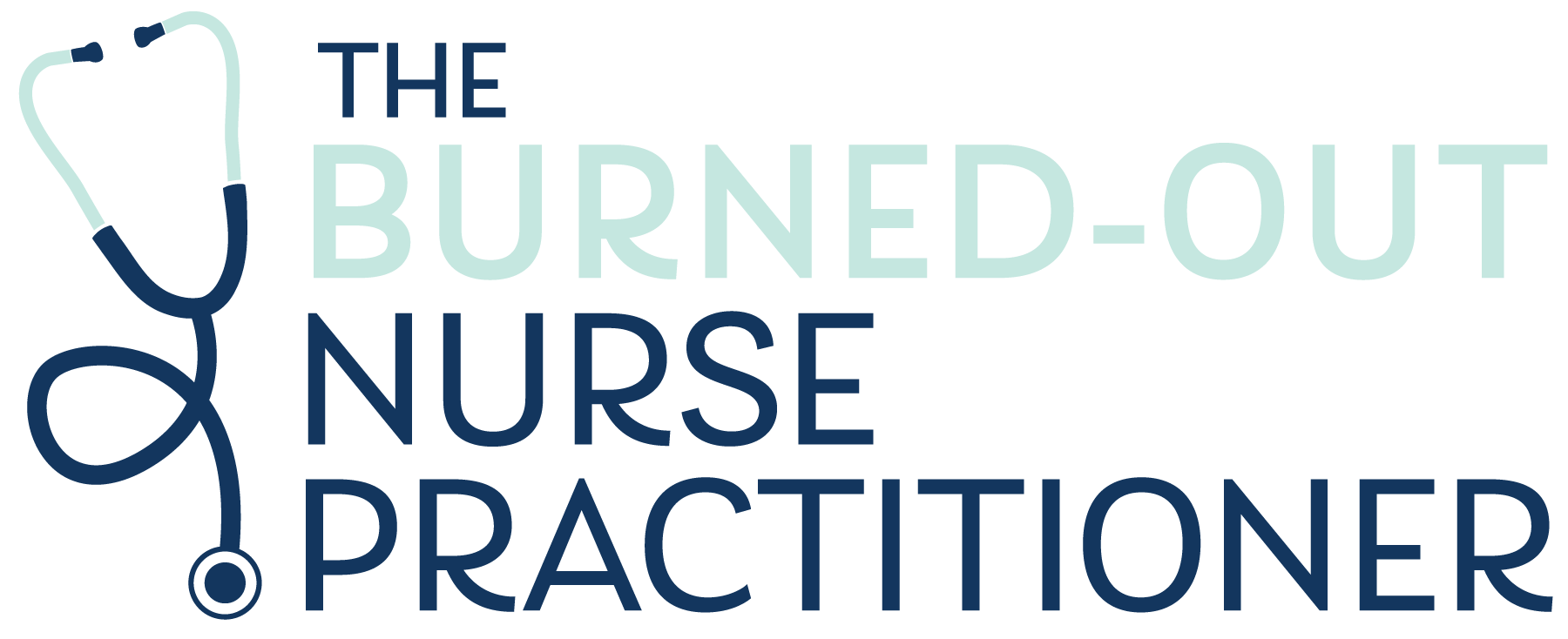Guest blog post by Josie Tate, creator of Clincepts.
I am a firm believer that the barometer for burnout is in your contract. Navigating the landscape of negotiating your worth as a nurse practitioner is an intricate journey, extending far beyond mere salary considerations. Whether you’re a fresh graduate stepping into the healthcare arena or a seasoned practitioner aiming to redefine your compensation package, mastering the art of negotiation is pivotal for fostering career growth, satisfaction, and overall professional success.
The pervasive role of negotiation in healthcare
Despite the common misconception that negotiation has limited relevance within the healthcare industry, it remains a critical aspect that significantly influences your career trajectory. This misconception may be particularly ingrained among new graduate nurse practitioners, who may not have been exposed to negotiation strategies during their academic pursuits. But once you realize it’s a key part of growing in your career, everything changes. Better contracts means better work life balance which translates to less burnout. It’s like unlocking a new level of empowerment and fulfillment in your professional journey.
Negotiation can manifest in various scenarios, including in-person or virtual meetings post-interview, responding to a letter of intent, or through phone conversations and email exchanges. Effective negotiation requires meticulous research, thorough preparation, and strategic planning. Developing this skill is an ongoing process that not only empowers you to secure fair compensation but also positions you as an active participant in shaping your professional trajectory.
A comprehensive approach: Beyond salary considerations
While salary negotiation often takes center stage, adopting a comprehensive approach involves considering various facets of your compensation package. Recognizing that nurse practitioners play a pivotal role in revenue generation sets the foundation for negotiating not only a competitive salary but also a package that aligns with your contributions and industry standards.
1. Elements influencing salary
Several factors directly impact your salary as an advanced practice provider:
- Number of patients: The volume of patients you see daily.
- Reimbursement rate: The amount you receive for each service provided.
- Collection rate: The effectiveness of the organization in collecting payments.
- Overhead expenses: The costs associated with running the healthcare practice.
- Paid time off: Considerations for time away from work.
- Company profit policy: Policies that impact your share of the generated revenue.
- Benefit package: The overall package, including healthcare, retirement, and other perks.
Understanding how these factors intersect provides you with a comprehensive perspective, empowering you to negotiate with confidence.
2. Personal time, sick time, vacation
The allocation of paid time off is a critical consideration. If it’s consolidated, assess how this structure aligns with your personal needs. Are you a parent seeking flexibility, or do you have family members living at a distance? Negotiating a realistic breakdown of paid time off can significantly impact your work-life balance.
3. Schedule flexibility
Explore the potential for flexibility in your work schedule. Can you adjust start and end times? Are there options for telehealth, allowing you to work from home? Negotiating reduced weekend or holiday rotations can also enhance your work-life balance.
4. Continuing education time and money
Many healthcare organizations contribute to continuing education, recognizing its benefits for both the provider and the employer. However, negotiating for this to be a paid portion of your work is essential. This acknowledges the challenges of participating in online conferences while being scheduled for work and helps ensure your ongoing professional development.
5. Tuition reimbursement
Some employers may offer increased tuition reimbursement in lieu of a higher salary. This approach can be advantageous for both parties, providing tax benefits for the company and reducing the financial burden of school loans for the employee.
6. Administrative time
Negotiating for dedicated time for responsibilities beyond direct patient care is critical. This can enhance office efficiency, reduce after-hours charting, and contribute to a more balanced workload.
7. Sign-on bonus
Consider exploring the possibility of a sign-on bonus. This additional financial incentive can be distributed in increments or as a one-time payment. However, be cautious and thoroughly review any repayment terms associated with accepting the bonus.
8. Cost of living increase
Negotiating for a cost-of-living increase is a proactive way to ensure your pay remains competitive. This adjustment can be negotiated on a yearly, semi-annual, or even quarterly basis, aligning with the terms of your contract and helping you keep pace with inflation.
Crafting a fulfilling career through negotiation
In conclusion, negotiating your worth as a nurse practitioner is a dynamic process that involves recognizing the multifaceted nature of your contributions and advocating for fair compensation and comprehensive benefits. Approaching negotiations with confidence, backed by thorough research and understanding, is key to building a fulfilling and sustainable career.
Remember, negotiation is not a one-time event but an ongoing process. As your career evolves, so do your needs and priorities. Being proactive in advocating for yourself can lead to a more satisfying and rewarding professional journey. By mastering the art and skill of negotiation, you not only secure fair compensation but also contribute to a workplace culture that values and supports its healthcare practitioners.
With a holistic approach to negotiation, you’re not just securing a job; you’re building a career that aligns with your personal and professional aspirations. As the healthcare landscape continues to evolve, your ability to navigate negotiations will remain a cornerstone of your success. It’s through this strategic negotiation lens that you can truly shape your career trajectory, contribute meaningfully to the dynamic field of healthcare, and enjoy a fulfilling career.
About the Author
Josie Tate is a successful nurse practitioner, visionary nurse leader, and inspirational career mentor. She is the creator of Clincepts, a professional development resource that helps bridge the gap for nurses transitioning into advanced practice.
Nurse practitioners across the industry get and stay happily hired using strategies from Josie’s proven framework. At its core, Clincepts strives to empower nurse practitioners to stand out, shine bright, and speak up as the best candidates for the job.
Be sure to follow Josie on social. Find Clincepts on Instagram, Facebook, and Linked In. You can also send an email to connect@clincepts.com and get in touch.
Join the Clincepts newsletter community to get the latest happenings and freshest insights, sign up here.
I hope you enjoyed this content! For more tips on creating a better work-life balance and overcoming nurse practitioner burnout, check out The Burned-out Nurse Practitioner’s blog page.

For time management and charting tips, check out The Nurse Practitioner Charting School– The one stop for all documentation resources created specifically for nurse practitioners. Learn more at www.npchartingschool.com

**Full disclosure, this blog post may include affiliate links. I do receive a commission if any of the affiliate programs/services/supplies are purchased. This is at no extra cost to you but does allow me to continue to provide content as The Burned-out Nurse Practitioner! Thank you!




